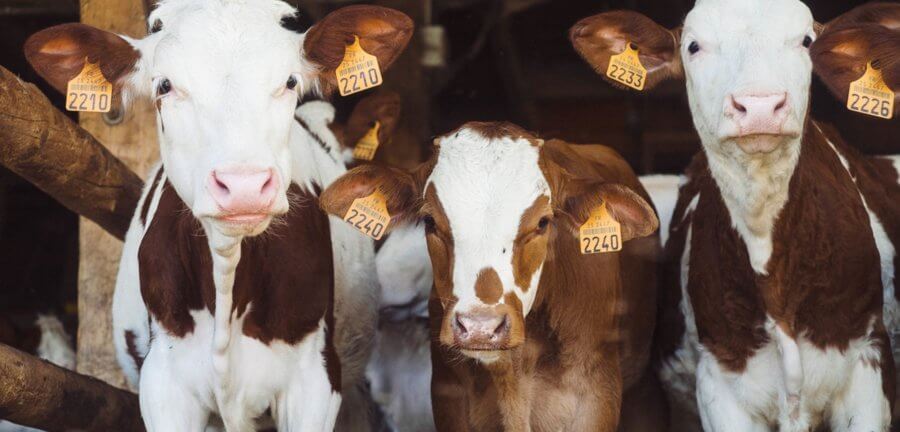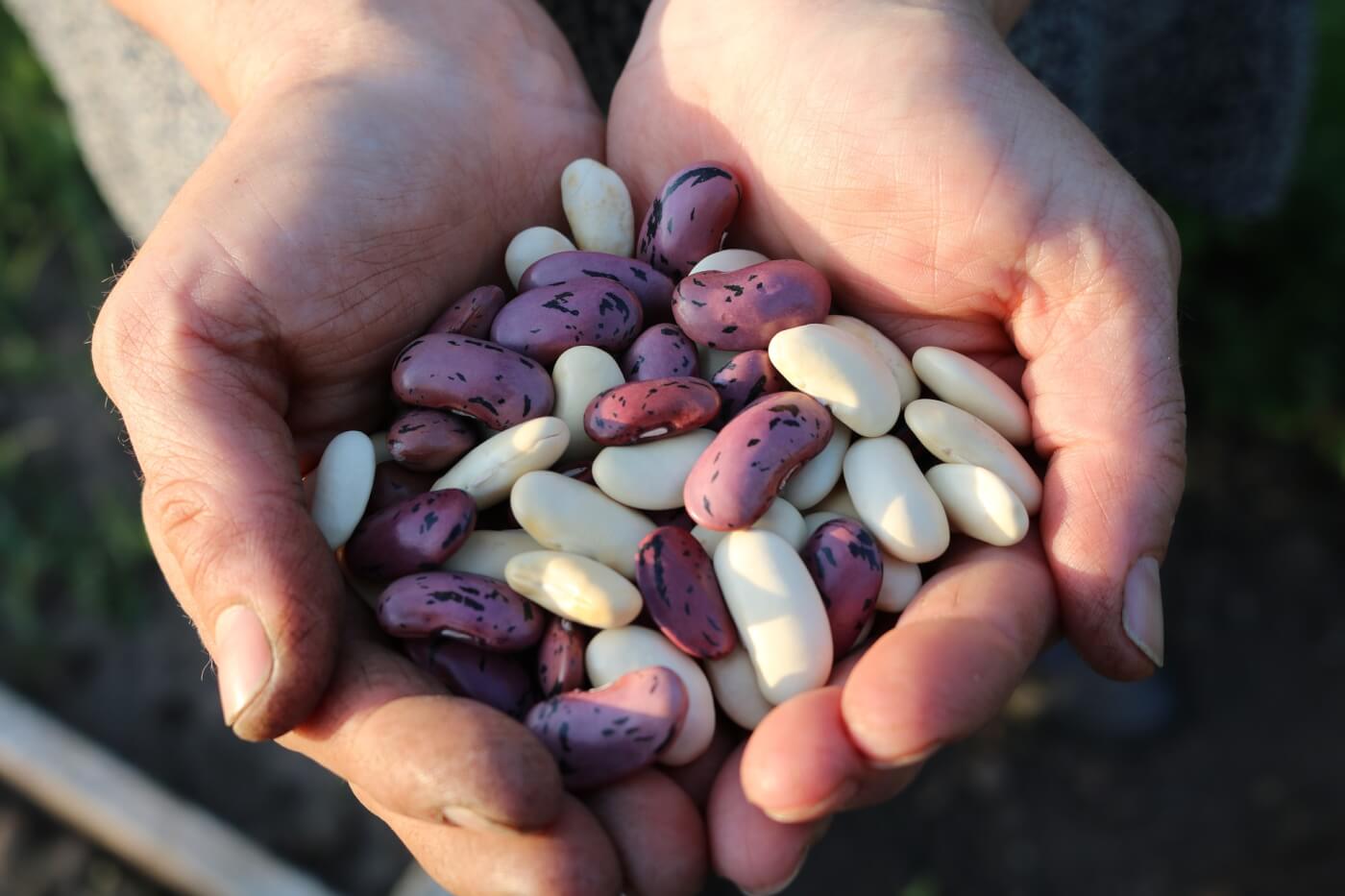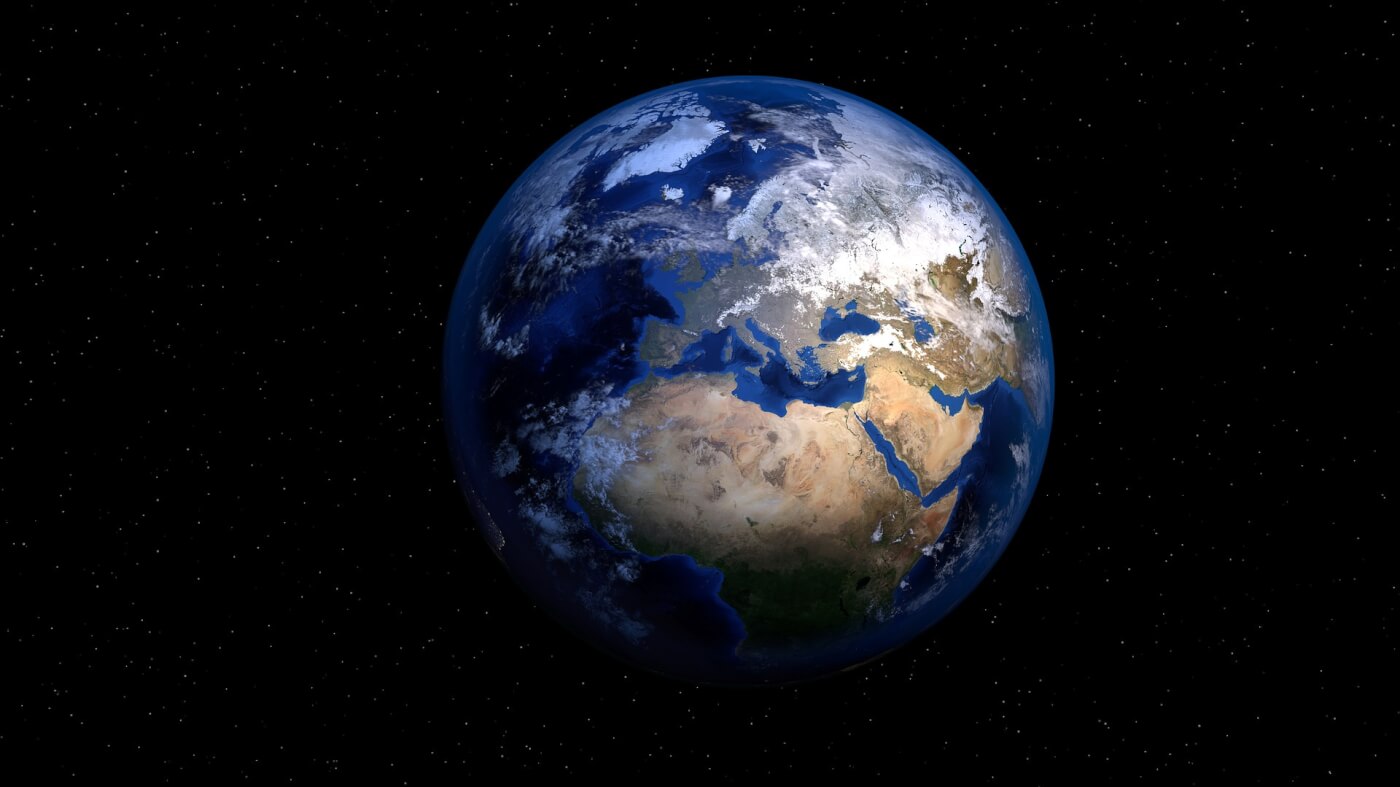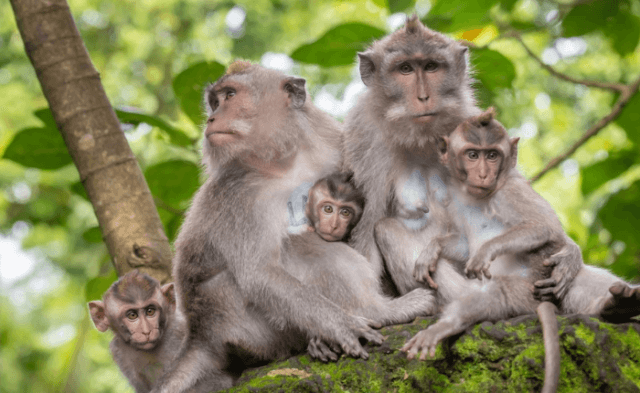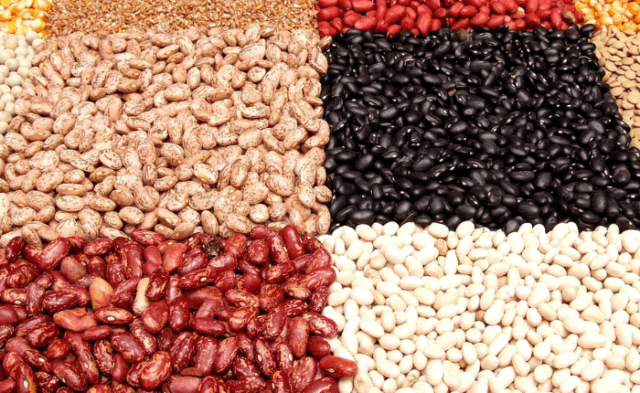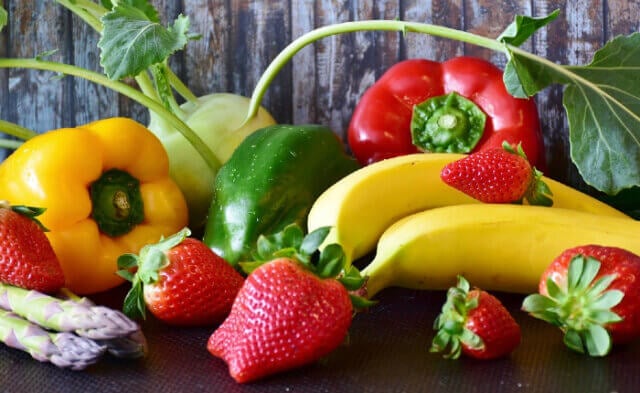Apparently, hard truths are hard to swallow.
Lisa Baker, a member of Australia’s Parliament, caught serious hell when, in a recent speech before her fellow MPs, she pointed a figurative finger at “meat-eating men” and blamed them for the climate catastrophe.
She’s right, but her indictment didn’t go far enough.
It’s not just men, and it’s not just consumers. Our meat lust is fed by a well-heeled, well-oiled machine, and every stakeholder—from ranchers to lobbyists to legislators—is responsible for the threat that’s now camped out on our doorstep.
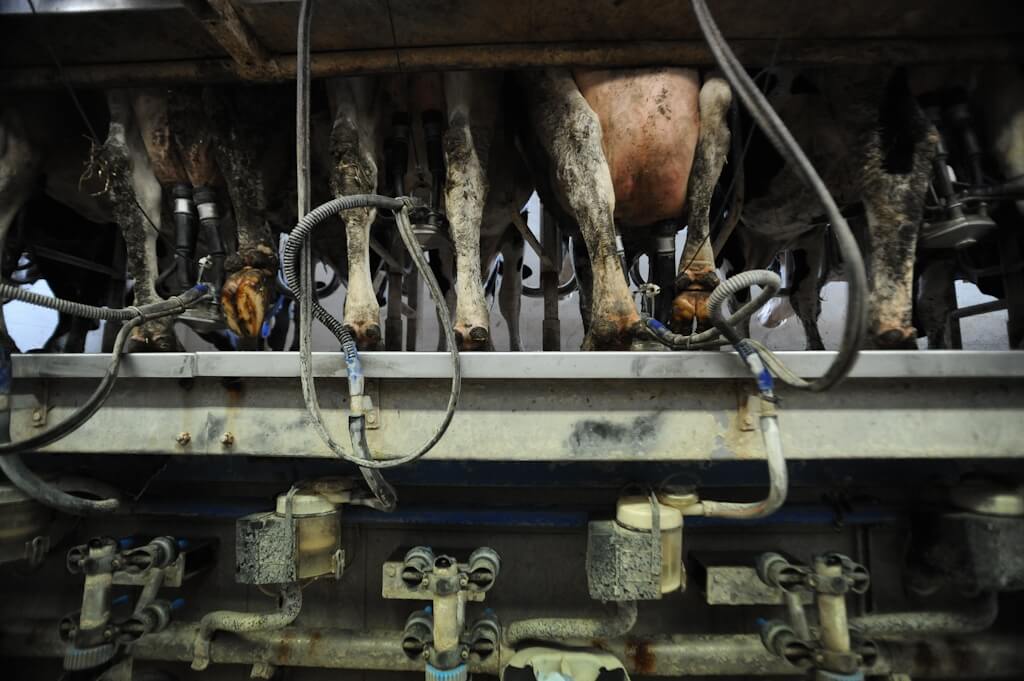
© Jo-Anne McArthur / We Animals
If we don’t lose our blinders, we’ll be choking down more than hard truths.
Animal agriculture spews out some 18 percent of the world’s greenhouse gas emissions, according to the United Nations Food and Agriculture Organization and World Resources Institute. To put that in perspective, transportation exhaust (including that produced by vehicles hauling animals to slaughterhouses and their flesh to markets) accounts for less.
That’s worldwide. Closer to home, there are nearly 95 million cows and calves on U.S. farms and ranches. Producing just over 2 pounds of beef creates more greenhouse gases than driving a car for three hours.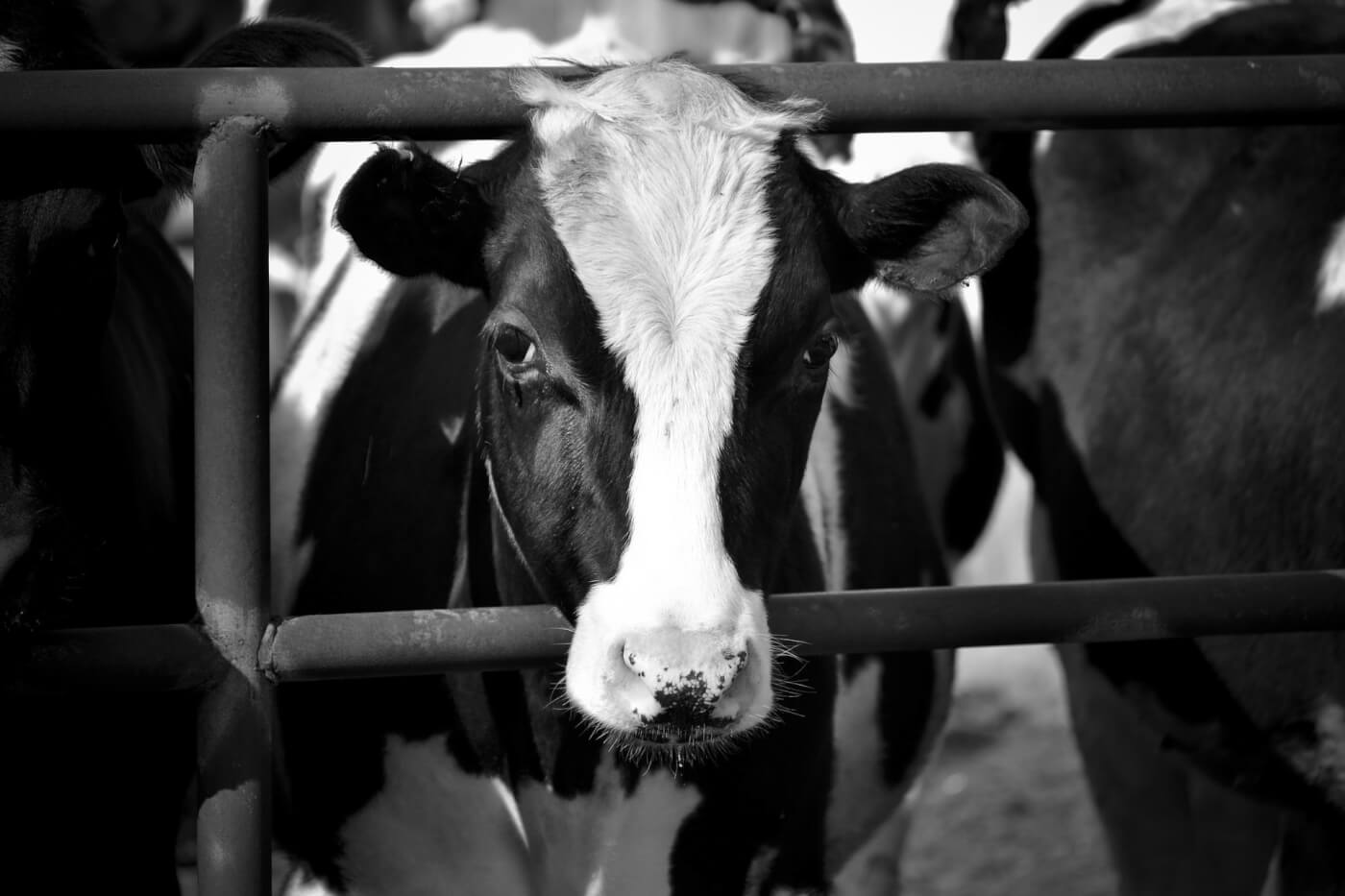
As the global appetite for meat increases, countries are bulldozing huge swaths of land to make more room for farmed animals and the crops to feed them. Entire ecosystems, from rainforests in Brazil to ancient pine forests in China, are being destroyed. To put that in perspective, seven football fields’ worth of wooded land is flattened every minute, according to scientists at the Smithsonian Institution.
In the U.S., 80 percent of all agricultural land is used to raise animals for food and grow grain to feed them—that’s almost half the total land mass of the lower 48 states.
What does that have to do with the climate catastrophe?
Deforestation is its second-leading cause of global warming, producing about 24 percent of greenhouse gas emissions. At any given moment, the destruction of tropical rainforests alone is adding more carbon dioxide to the atmosphere than every car and every truck on every road in the world.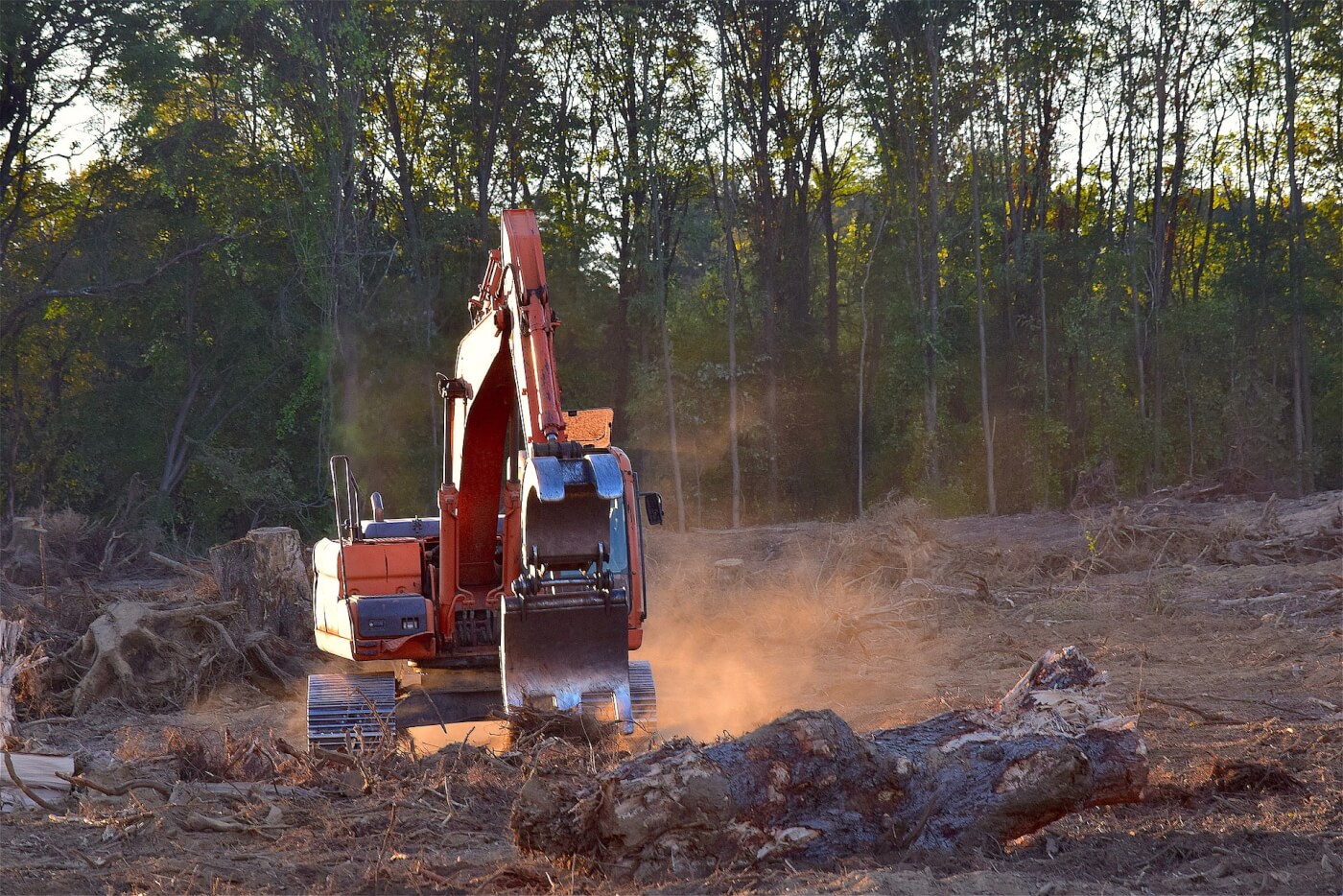
The Southwest U.S. has been in the grip of one of the most devastating droughts in history — the region is on the brink of its first mega-drought in more than 500 years. A scientist at Columbia University said it’s “substantially worse” than it would have been without global warming.
You already know that the climate catastrophe has made California’s wildfires bigger, deadlier and more frequent.

